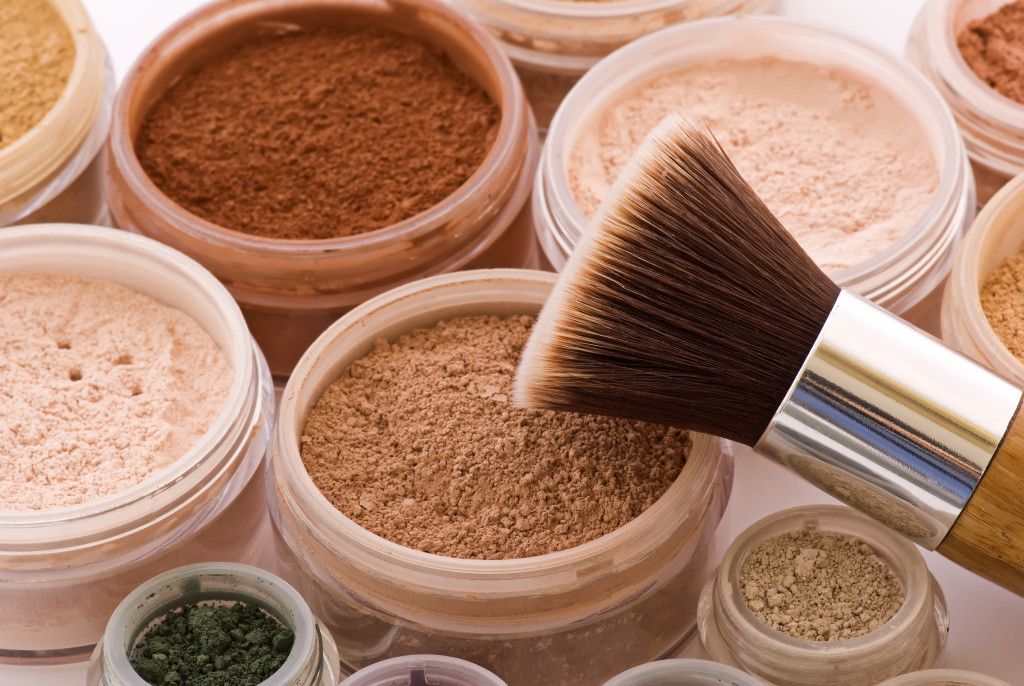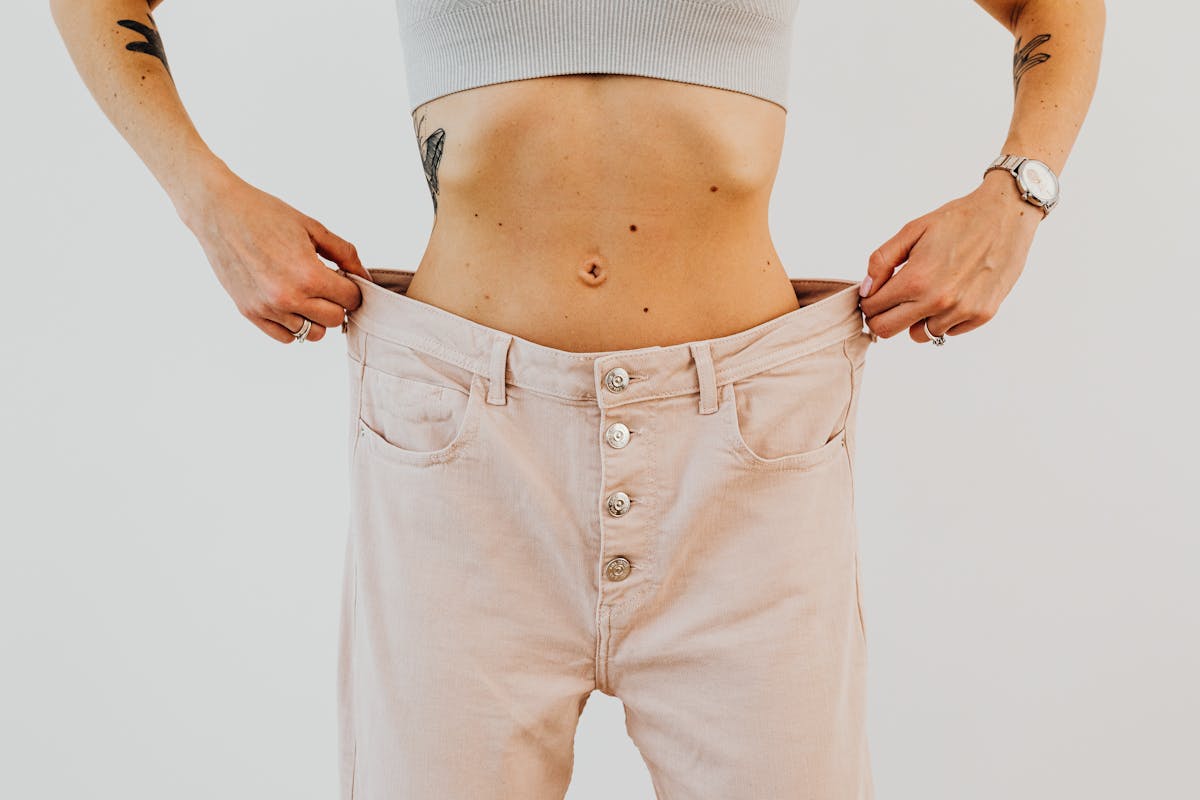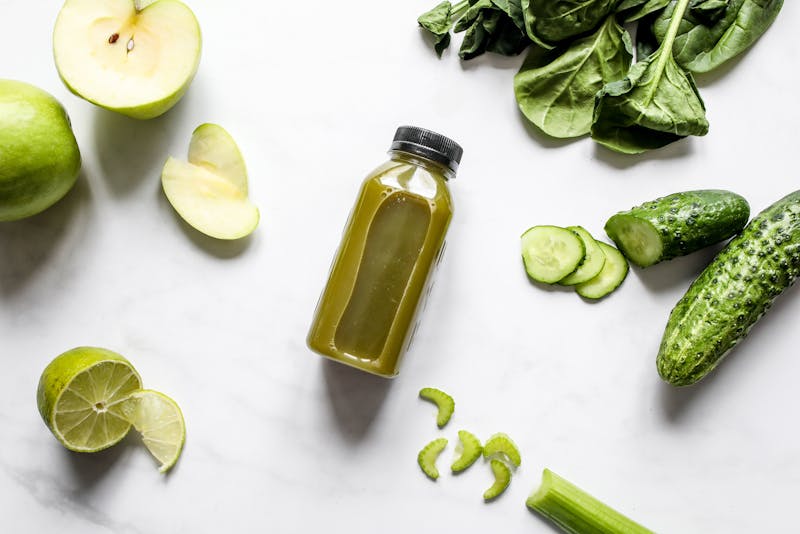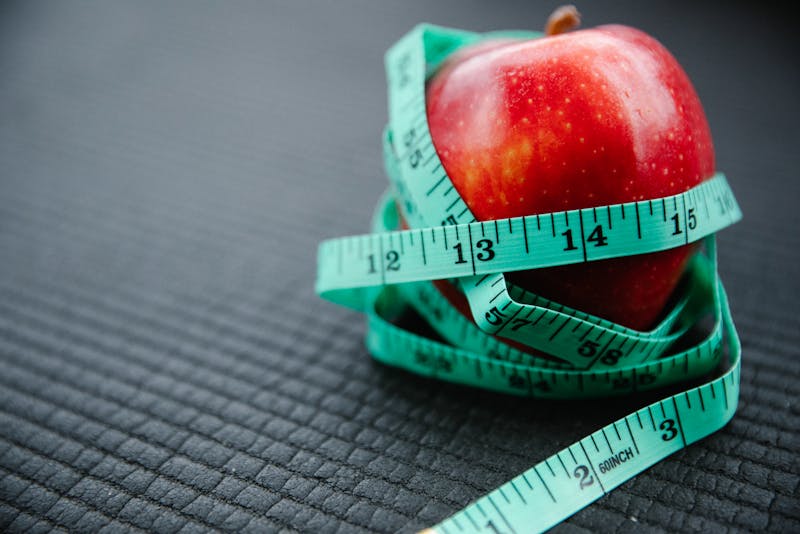Not many people are aware that the way they take care of their eyes can impact their overall health. Experts reveal that individuals with vision problems are more likely to have other health issues such as high blood pressure, heart problems, poor hearing, and diabetes. In most cases, it works the other way around as these medical problems can also lead to eye complications.
In a simpler discussion, our eyes help us see and perform our day-to-day activities. That’s why it only makes sense to take care of them. And if you want to prevent getting eye diseases and injuries, it’s best to start as early as you cab. If you’re still in your 20s, here are some habits to build that will help you get better eye health:
1. Visit your eye doctor
This advice shouldn’t come as a surprise. You need to get an eye exam regularly regardless of how young or healthy you might think you are. Eye tests are primarily helpful in finding diseases that generally have no early symptoms like glaucoma. Only then you and your doctor can assess if you will need to undergo an eye glaucoma treatment. It’s pretty impossible to easily treat these diseases without early detection.
For general eye care and diagnosis, you can visit a local optometrist. But if you’ll need extensive treatment for eye diseases and require eye surgery, you’ll need to see an ophthalmologist. An eye test may include discussion about family and personal medical history, vision exams, optic nerve, and eye pressure tests, and microscopic and external exams.
2. Take your eye breaks
This is probably the simplest and easiest thing you can do to take care of your eyes. Eye breaks are imperative every time you’re doing a task that needs visual concentration such as using the computer or reading. Your eyes can experience irritation, tiredness, and dryness if you are focused on one area for long periods of time. Take an eye break every 20 minutes.
You can also spread the natural tears on your eyes by blinking fast. These simple habits can prevent eye strain. Some of the most common symptoms of eye strain include blurred or doubled vision, watery eyes, dry eyes, sensitivity to light, soreness in the back or neck, headaches, and difficulty in focusing.

3. Avoid too much makeup
Too much makeup is not only bad for your skin but your eyes too. It can increase the risk of eye infection. Take some days off from your makeup routine and go lighter when you need to wear one. Be extra careful in applying products near your eyes, especially on the lashes and eyelids. Moreover, ensure to clean and replace your applicators regularly and toss out products at least every three months.
For instance, you need to sharpen your liner pencils routinely and replace your mascara tube every three months. Lastly, be sure to only buy quality makeup products to ensure healthy skin and eyes.
4. Wear your glasses
If you love going out, always wear your sunglasses to minimize the risks of harming your eyes. Those UV rays cannot just harm your skin but can also pose risks for your eyes. Wear your sunglasses every time you go out, particularly those designed to block 100% of UV rays. Avoid buying cheap pairs that are not UV-resistant
Furthermore, the skin around your eyelids is likely to get skin cancers or sunburns, which makes it even more vital to wear UV-resistant sunglasses. Or, you can have photochromic lenses on your prescription glasses to minimize exposure to UV light. In case you’re job pose a risk of eye injuries, always wear your safety glasses for protection. This is also advisable when doing DIY improvement projects at home.
5. Eat a well-balanced diet
Another important thing about maintaining healthy eyes is a well-balanced diet. The most recommended nutrients to include in your diet are zeaxanthin and lutein, which you can find in eggs, kale, and spinach. You can also slow the progression of vision loss and protect your eye cells from tissue breakdown by increasing your Vitamin C intake.
You can find it in food such as from green veggies like broccoli and spinach, seeds, nuts, and vegetable oil. Omega-3 fatty acids are also healthy options for maintaining your retina’s proper function. Some of the best sources are fish, walnuts, chia seeds, and flaxseeds.
These habits are fairly simple to start but often hard to maintain, especially for someone who’s always active and grinding on work and their personal lives. Prioritize your eye care right now and prevent vision problems that can hinder you from doing all those activities and adventures that await you.





